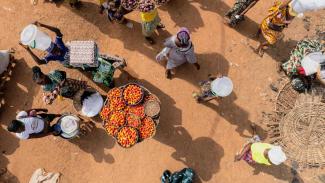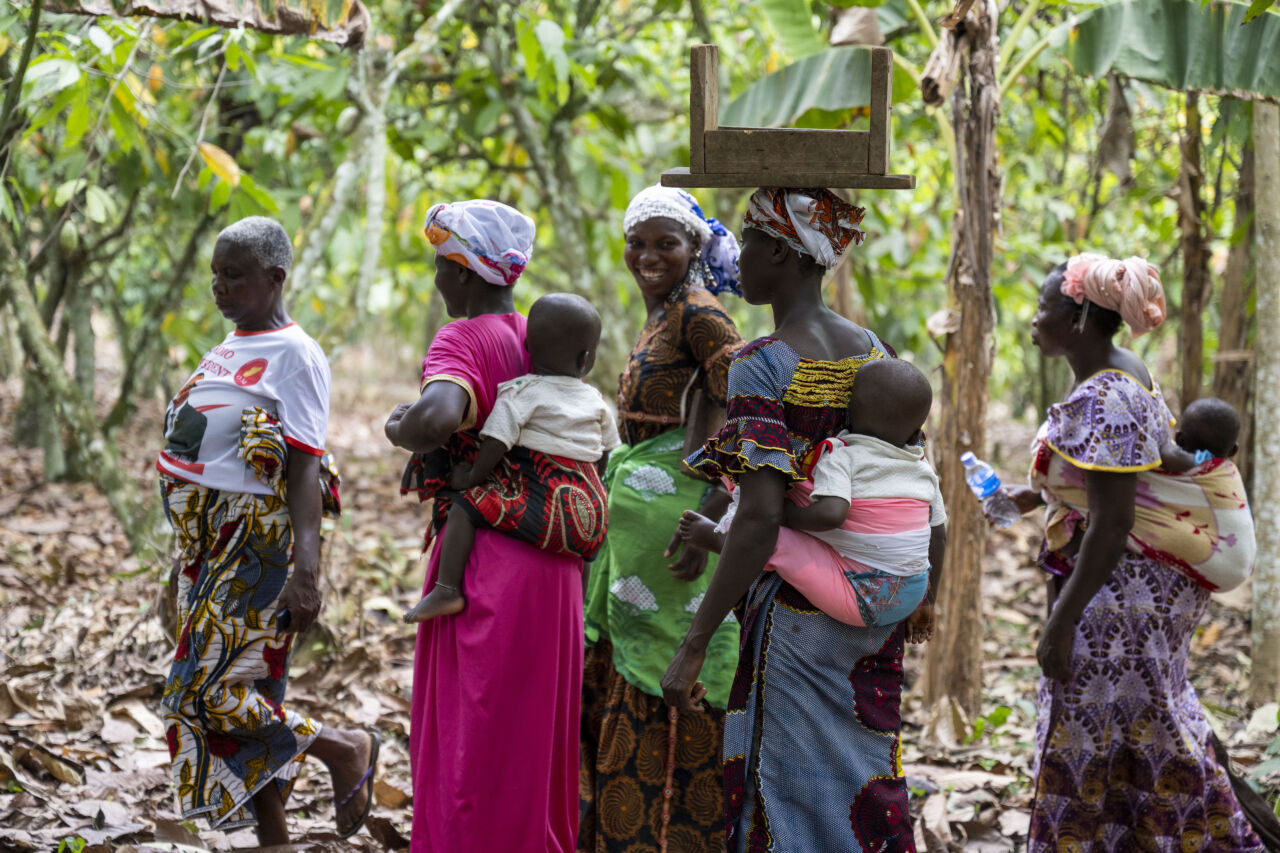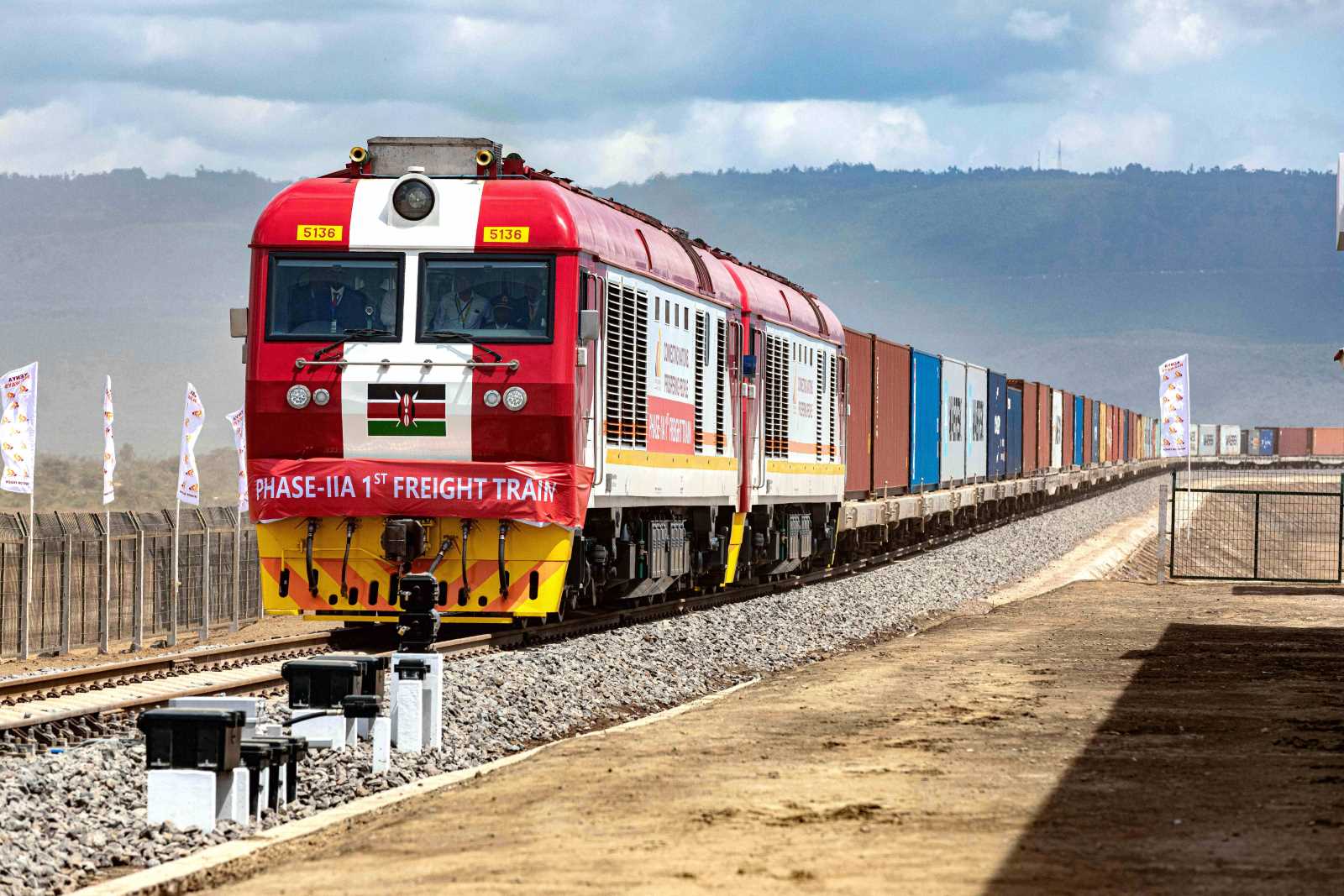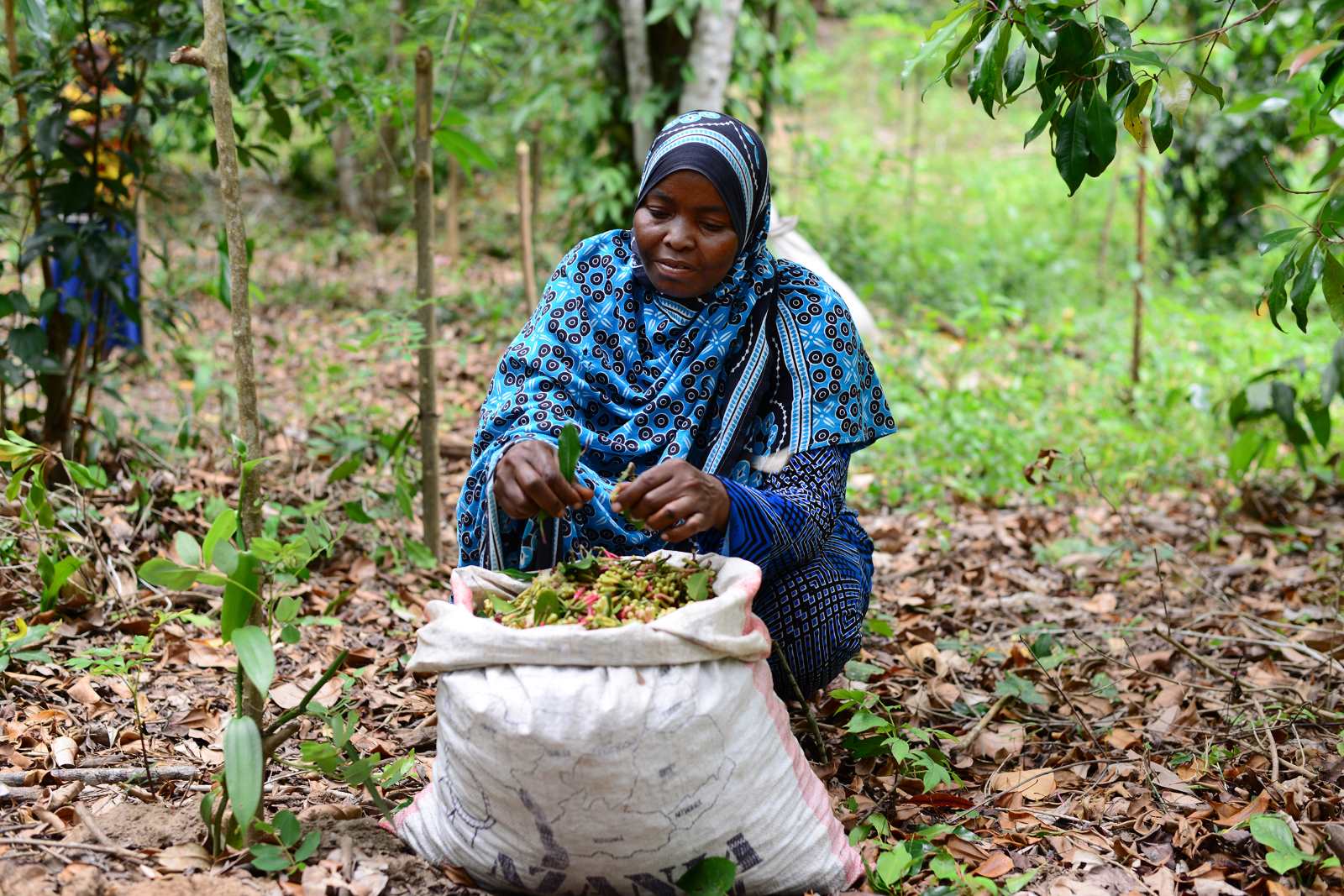Poverty reduction
Strengthening access to markets for vulnerable groups

Amara Agossou (name changed) lives in modest circumstances in a village in Benin and makes her own mango preserves. She would like to sell her preserves beyond her village, too, but she faces several challenges: First, she cannot make very much because of her limited production methods. Second, she lacks a mode of transportation to deliver her goods promptly and safely, such as a two-wheeler with a carrier. Third, while she is familiar with a few nearby markets, she is not sure where it would be most lucrative to sell her product. She also doesn’t know which shops in the next-largest town might carry her preserves, and under what conditions. All of these factors limit her ability to gain a foothold in the market and expand her business.
Many people who produce or process goods on a large or small scale experience the same problems as Amara Agossou. The Market Systems Development (MSD) approach can help, in particular, to better integrate these actors into local markets. MSD projects have existed for some time; occasionally they are also abbreviated as M4P, which stands for “Making markets work for the poor”. Their overriding goal is to achieve broad-based economic growth, especially for people with very low incomes (pro-poor growth).
MSD projects first analyse the market with regard to development deficits and trends. Only then do project coordinators prioritise measures that have the best potential to improve market access for marginalised actors. In principle, as many participants as possible should profit from the project and adopt good practices. Successful projects promote sustainable change. In other words, they change market systems in such a way that they function better than before even without continuous or repeated interventions.
MSD projects are designed as long-term initiatives and typically progress through several distinct phases. During the inception phase, for instance, the implementing organisation recruits the future project team and establishes operational structures and processes. It is often necessary at this stage to conduct baseline or diagnostic studies. The purpose is to identify market constraints and to collect and analyse information about the relevant stakeholders.
The subsequent implementation phase focuses on the plans of action that the project team has developed. A central goal is to improve marginalised actors’ access to the market. At this stage, for example, measures are implemented to optimise collaboration between producers and transport-service providers, or to train target groups in processing products in line with standardised quality requirements. It can be beneficial at this point to integrate individuals or companies whose success positions them as inspirational figures for others.
Experiences from Togo and Benin
From 2014 to 2017, the author was responsible for a regional programme in Togo and Benin that promoted projects based on the MSD approach. For example, the programme supported projects by partner organisations on the value chains of paddy rice and parboiled rice, manioc, tomatoes, chicken and traditionally manufactured palm oil. The most important target groups included producers and processors from low-income families. A civil-society organisation based in Lomé served as the regional coordination body.
An example from southern Benin shows how the MSD approach can help overcome barriers in markets and create win-win solutions. An MSD project there supported about 2600 chicken farmers. In order to strengthen veterinary care, 50 people were trained as veterinary assistants and equipped with starter kits. The farmers paid them for their work, and thus they were able to supplement their income. At the same time, this newly created group of market actors overcame a development barrier in the system: the critical shortage of veterinary care in the project zone.
In the various projects that were conducted in Togo and Benin, comprehensive baseline studies were necessary in some cases to gather reliable data on the markets. It also became apparent that the actual size of the target group can change over the course of a project, since it could sometimes be difficult to identify all the relevant actors from the outset.
Further insights from the MSD projects include:
- Further education for employees of implementing organisations pays off: They need to be able to moderate, network and coach in order to help market actors organise meetings independently, for example.
- Gathering knowledge and experience is important: It allows to measure the progress and efficacy of a project and to correct problematic developments. Later project phases can benefit from it, too. The need for training in this area should therefore be taken into account.
- False expectations should be avoided: Project managers and target groups have to understand from the outset that MSD projects do not work with large grants. However, smaller, targeted incentives for specific market actors can help overcome bottlenecks and, in some cases, significantly improve the overall situation.
- Social norms can stand in the way of establishing the envisaged market: These include traditional gender roles that prevent women from becoming financially independent through entrepreneurship. Steering the project around such obstacles can be a lengthy and complicated process.
- Cooperation with state authorities has advantages and disadvantages. While they can provide a lot of leverage at a certain point, they tend to work too slowly for the purposes of most projects.
In sum, MSD projects can be true game changers, transforming underperforming markets in favour of marginalised groups. However, the technical and financial efforts required to accompany such processes should not be underestimated. Further information on this topic is provided, among others, by the UK-based Springfield Centre, a leading institution in the development and documentation of MSD projects.
Links
Springfield Centre:
springfieldcentre.com
Bekkers, H. and Zulfiqar, M., 2020: The story of MSD: achieving sustainable development at scale.
beamexchange.org/resources/1353/
Arndt R. Brodkorb has a degree in landscape ecology, is a certified systemic coach and founder of the consulting and coaching agency A-DEQUAT, located in Ziguinchor, Senegal.
a.brodkorb@a-dequat.org















